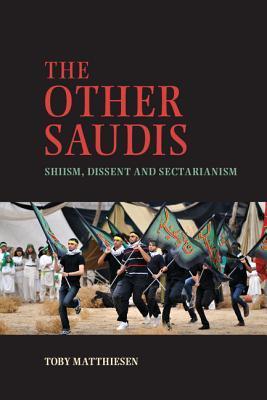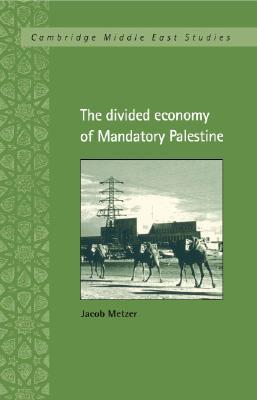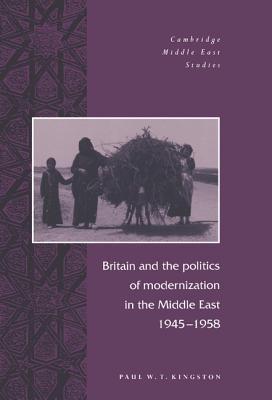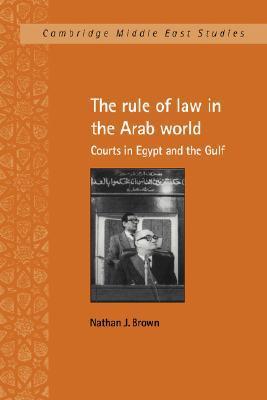
2014
First Published
4.11
Average Rating
304
Number of Pages
Part of Series
This accessible scholarly work traces the regional politics of the Shia in the Eastern Province of Sunni-dominated Saudi Arabia since the nineteenth century. The first comprehensive book in English on the topic, it casts new light on the survival strategies and political mobilization of the Shia community as it confronts the repressive machinery of the Saudi regime. The spectrum of Shia opposition groups range from Communists, since the 1950s, to Khomeinists after the Iranian revolution, some of whom use violence against the Saudi state. While most Saudi Shia opposition activists ceased their activities after the agreement with King Fahd in 1993, the uprisings since 2011 have reinvigorated tensions between the Shia and the state. The Eastern Province is home to Saudi Arabia's oil and is therefore of immense geopolitical importance, featured in all assessments of Gulf security, national stability, oil markets and Saudi-Iranian relations.
Avg Rating
4.11
Number of Ratings
36
5 STARS
42%
4 STARS
31%
3 STARS
25%
2 STARS
3%
1 STARS
0%
goodreads
Author

Toby Matthiesen
Author · 3 books
Toby Matthiesen is a Research Fellow in Islamic and Middle Eastern Studies at Pembroke College, University of Cambridge. His first book “Sectarian Gulf: Bahrain, Saudi Arabia, and the Arab Spring That Wasn’t” was published by Stanford University Press in 2013. The book examines the root causes of sectarianism and examines how the Gulf states responded to protests at home and in the wider Arab world. From 2007 to 2011 he wrote his doctorate on the politicisation of Saudi Arabia’s Shia community at the School of Oriental and African Studies (SOAS), University of London. His second book, "The Other Saudis: Shiism, Dissent and Sectarianism", which is based on his PhD, is published by Cambridge University Press in 2015.


